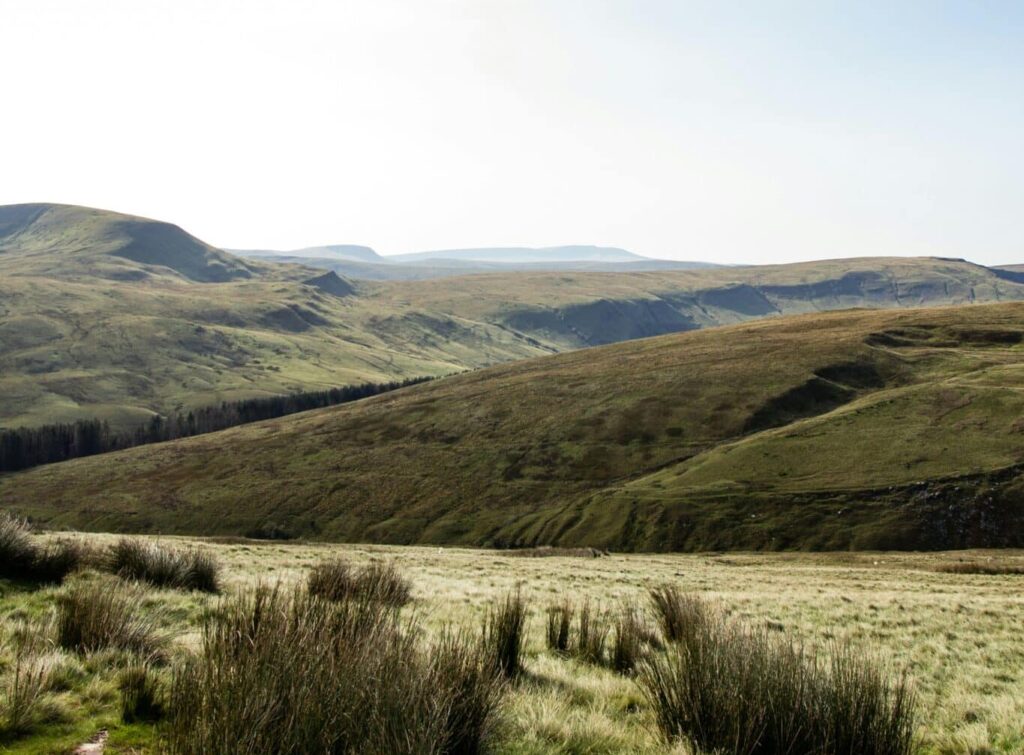The FSR is contributing to the upcoming 28th United Nations Climate Change Conference (COP28), which will take place under the Presidency of the United Arab Emirates from 30 November to 12 December 2023 in Dubai.
Listen to our podcast interview from Dubai
Scroll down the page to find our highlights and live updates from COP28.
FSR experts at COP28

Simone Borghesi, Director of the Climate research area, FSR
“At COP28, the UNFCCC will conclude its first ‘global stocktake’ to assess the world’s overall progress towards the goals of the Paris Agreement. What we see is that we are still far from limiting the temperature increase to 1.5°C degrees. This creates momentum for COP28 to achieve positive results. Nevertheless, I anticipate that COP28 will primarily emphasize technological solutions to tackle climate change. While technology certainly contributes to reducing emissions, it is not a silver bullet and should not be used to continue business as usual. Climate change already disrupts fundamental aspects of the global economy, human lifestyles and biodiversity, and substantial societal and economic transformations are needed.”
Andris Piebalgs, former European Commissioner
“The necessary steps are clear: tackling fugitive methane emissions, ending routine flaring, minimizing intentional venting, and pursuing electrification of upstream operations. Inaction is no longer viable; COP28 serves as a crucial benchmark for the industry’s commitment to climate change mitigation and decarbonization.
The industry must adopt ambitious emission reduction targets, establish transparent reporting mechanisms, and foster sector-wide collaboration. Methane abatement is not just a response to climate change; it represents a significant commercial opportunity, enhancing energy security and facilitating climate mitigation.
Ignacio Perez-Arriaga, Director of the African School of Regulation
The energy sector is the most critical area of human activity in the creation of the problem and in contributing to its potential solution. But Africa, and sub-Saharan Africa in particular, is the region of the world with the lowest energy consumption per capita, more than 600 millon people without access to electricity and more than one billion without access to modern and healthy means of cooking and heating. African countries must find their own path to a sustainable energy model (…) Sound regulation stands out as an indispensable component of any strategy to guide African countries in designing and implementing this transition.







